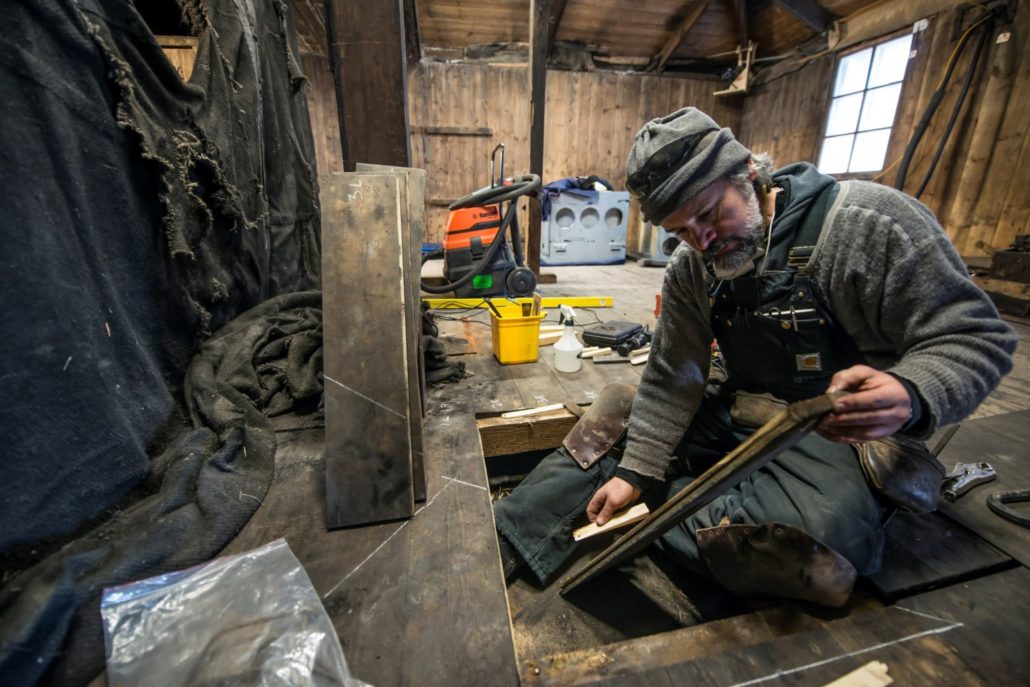For conservation experts, working in Antarctica is a career and life highlight
We engage specialists from around the world to work in Antarctica and New Zealand on our heritage conservation projects.
We look for experienced heritage professionals who are excited by the prospect of working on a leading international heritage project, able to work as part of a close knit team and – for Antarctic positions – comfortable with the challenges of working in an extreme environment.
We also have an administration team supporting our programmes from Christchurch.
Vacancies for on-ice and off-ice work are advertised on the Trust’s website. If there are no vacancies advertised please feel free to send your CV and covering letter describing the type of opportunity you are interested in to info@nzaht.org


